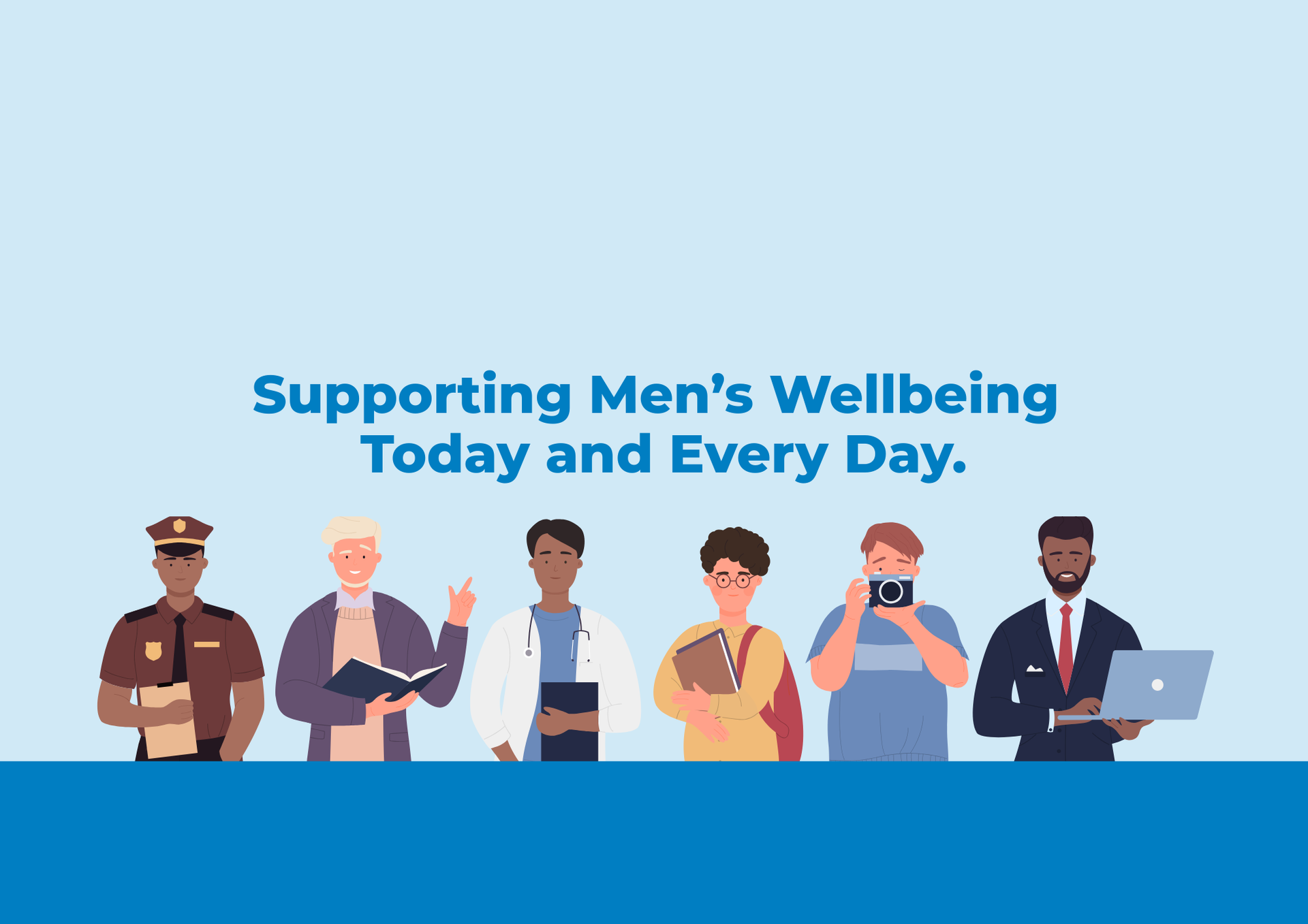What Young People Can Do To Maintain Good Habits
August 12, 2024
In the spirit of International Youth Day 2024
Thirty-three years ago, on August 12th, the United Nations established International Youth Day, a day dedicated to bringing youth issues to the forefront and celebrating the incredible potential of young people’s ideas and contributions. This International Youth Day, we are focusing on the critical topic of youth mental health.
Mental health is a state of social, emotional, and psychological well-being that enables us to cope with daily challenges, contribute to our communities, and be the best versions of ourselves (World Health Organisation, 2022). It affects how we think, feel, and act.
Poor mental health can lead to low energy, negative emotions like sadness and hopelessness, higher stress levels, a desire to isolate, and an inability to cope with daily stresses. According to a report by the Australian Bureau of Statistics (2023), more than two in five Australians aged 16 to 24 have experienced poor mental health in their lives.
What Does It Mean from a Youth Perspective?
Adolescence marks the transition from childhood to adulthood and is a time of significant physical, emotional, and cognitive changes. During this time, young people are particularly vulnerable to mental health issues due to academic pressures, social dynamics, identity exploration, and social media influences. This is why young people must develop positive social, emotional, and psychological habits that strengthen their mental well-being.
In the spirit of International Youth Day, here are some ways young people can develop and maintain good mental health habits:
Stay Connected
Building and maintaining solid relationships with friends, family, and peers is essential for good mental health and wellness. Human beings naturally seek connection, which creates a sense of belonging and community. By staying connected, both in real life and digitally, you have the opportunity to talk about your feelings, discuss how to handle tough times and remind yourself that you are not alone. Staying connected can lower depression and anxiety, raise self-esteem, and improve overall quality of life (Tasmanian Government Department of Health, 2024).
Practice Mindfulness
Our minds are constantly active, filled with thoughts about school, work, relationships, the past, or the future. Mindfulness is important for being aware of your thoughts and focusing on the present moment. There are many ways to practice mindfulness; you might focus on your breathing, walk through nature, listen to music, or engage in a hobby that allows you to be in the moment. There are even apps such as Headspace or Smiling Minds that can help kickstart your journey. Overall, mindfulness can boost positive mental well-being and reduce the likelihood of stress, anxiety, and depression.
Limit Screen Time
In today’s digital world, managing how much time we spend on our devices can be challenging. Excessive screen time can detract from essential areas of life, such as interacting with family and friends or being active. By setting boundaries on your device usage, you can improve sleep habits, enhance your ability to focus and lower the risk of anxiety and depression (Kruse & Youth First, 2022).
Be Active
Staying active is critical for both physical and mental health. Even as little as 10 minutes of physical activity daily can contribute to stronger psychological and physical well-being. Physical activity helps you manage and regulate your moods more easily. Participating in sports, going to the gym, walking the dog, doing yoga, or even dancing are all great ways to stay active.
Create Good Sleeping Habits
Sleep is essential for maintaining good mental health. According to the Sleep Foundation, adolescents need around eight to ten hours of sleep every night (Suni et al., 2023). While it can be tempting to stay up late on your phone, reading, doing schoolwork, or gaming, developing a routine sleep schedule will promote better memory function, a stronger immune system, more energy, and strengthened mental well-being.
Let's prioritise mental health and celebrate young people's incredible resilience and potential on this International Youth Day. By adopting these habits, young people can build a foundation for a healthy and fulfilling life.
By Cathryn Langley
References
- Australian Bureau of Statistics. (2023). National survey of mental health and wellbeing. In Australian Bureau of Statistics. https://www.abs.gov.au/statistics/health/mental-health/national-study-mental-health-and-wellbeing/latest-release
- Kruse, J., & Youth First. (2022, October 14). Benefits of decreased screen time. Youth First. https://youthfirstinc.org/benefits-of-decreased-screen-time/
- Suni, E., Dimitriu, A., & Sleep Foundation. (2023, October 4). Teens and sleep. Sleep Foundation. https://www.sleepfoundation.org/teens-and-sleep
- Tasmanian Government Department of Health. (2024). Why social connections are important for young people. Doh.health.tas.gov.au; Government of Tasmania. https://doh.health.tas.gov.au/healthykids/blog/why_social_connections_are_important_for_young_people#:~:text=Healthy%20social%20connections%20help%20us
- World Health Organisation. (2022, June 17). Mental health. World Health Organisation; World Health Organisation. https://www.who.int/news-room/fact-sheets/detail/mental-health-strengthening-our-response





